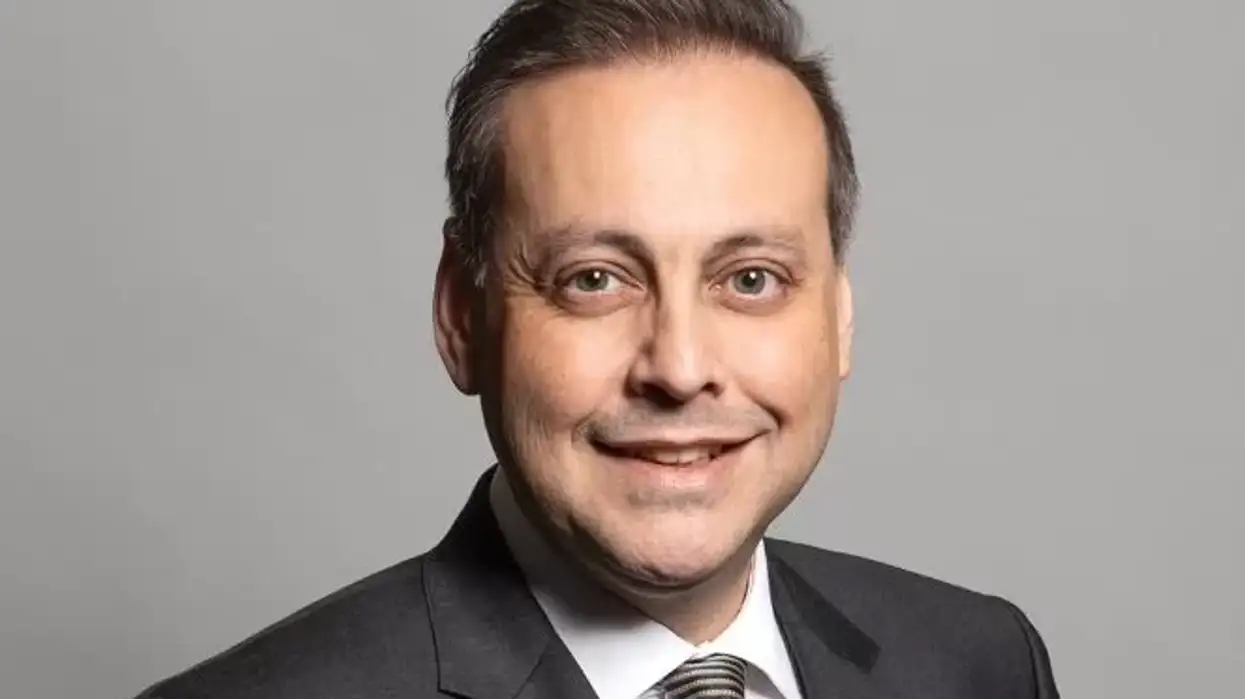THE Conservative MP for Wakefield, West Yorkshire, Imran Ahmad Khan will face the court on Thursday (15) on charges of molesting a 15-year-old boy in 2008, reported The Daily Mail.
He will appear by video link before the Recorder of London Judge Mark Lucraft QC for a formal plea and directions hearing.
Khan MP, 47, who has been suspended by the Conservative Party, has already denied the allegation that he groped the teenager in Staffordshire.
He faces a single count of sexual assault against the then-teenager, the report added.
Khan helped Boris Johnson win a large Commons majority in 2019 - with the Tories now representing 45 per cent of the Northern Powerhouse constituencies
Wakefield in West Yorkshire was part of Labour's 'red wall' for 87 years before Khan won the seat in the 2019 General Election.
"You intentionally touched a boy aged 15 and that touching was sexual when he did not consent and you did not reasonably believe that he was consenting, contrary to Section 3 of the Sexual Offences Act 2003," the charge against Khan alleges.
The Conservatives have previously said the whip had been suspended from Ahmad Khan, meaning he would sit as an independent in the Commons.
Last month, the MP appeared at Westminster Magistrates' Court by video-link from his lawyers' office.
Asked to indicate a plea to the charge, Ahmad Khan, who was represented by Sallie Bennett-Jenkins QC, said: 'Not guilty.'
"It is true that an accusation has been made against me. May I make it clear from the outset that the allegation, which is from over 13 years ago, is denied in the strongest terms. This matter is deeply distressing to me and I, of course, take it extremely seriously," the MP said in a statement.
"To be accused of doing something I did not do is shocking, destabilising and traumatic. I am innocent. Those, like me, who are falsely accused of such actions are in the difficult position of having to endure damaging and painful speculation until the case is concluded. I ask for privacy as I work to clear my name."
Chief magistrate Paul Goldspring said the case was not suitable for trial in the magistrates' court and sent the case to the Old Bailey.
The Crown Prosecution Service said it made the decision to charge after reviewing a file of evidence from Staffordshire Police, according to reports.
Staffordshire Police had probed the historic sexual assault claim for more than a year - but did not make an arrest during this time.
Before entering Parliament, Kahn worked for the UN as a special assistant for political affairs in Mogadishu.





